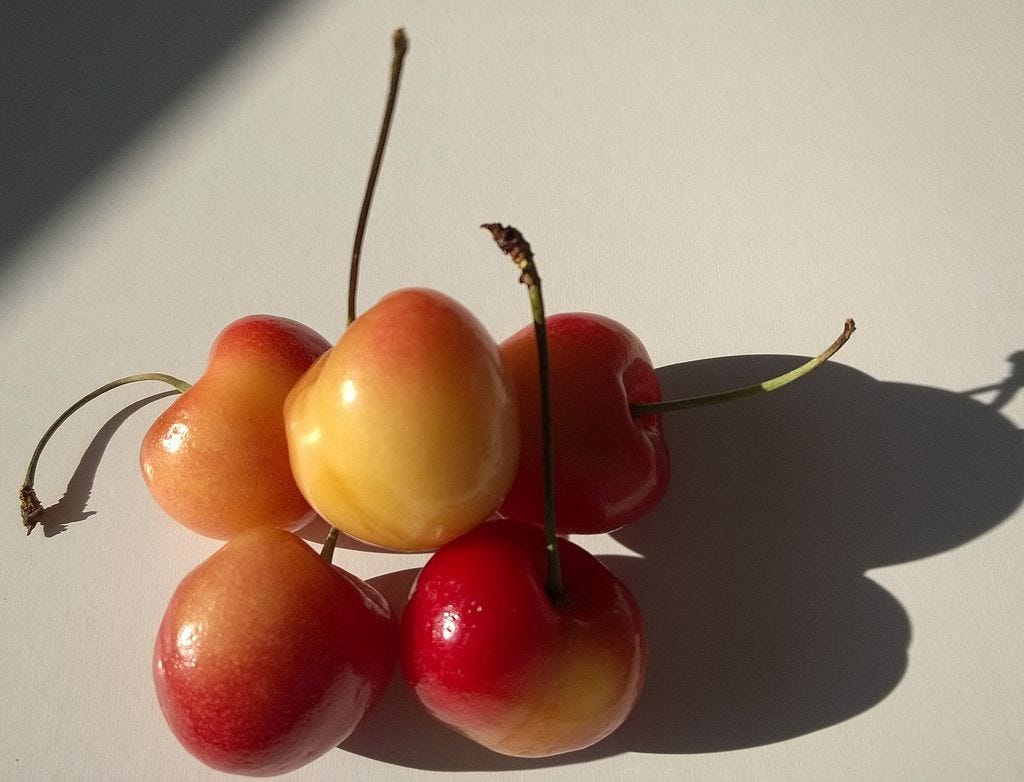The idea that cherries can help with gout is commonly referred to as an "old wives' tale," but there is actually some scientific evidence to support this claim. Studies have shown that cherries contain compounds called anthocyanins, which have anti-inflammatory properties and may help to reduce gout symptoms. However, more research is needed to fully understand the effectiveness of cherries for gout and to determine the optimal amount of cherries needed for a therapeutic effect. So while it may have been considered an old wives' tale in the past, there is now some scientific basis for the belief that cherries can help with gout.
Gout is a type of arthritis that results from an accumulation of uric acid crystals in the joints, leading to inflammation and pain. This condition is caused by the overproduction or decreased excretion of uric acid in the body, and it most commonly affects the joints of the toes, ankles, knees, wrists, and fingers. Gout can cause sudden and severe attacks of pain, swelling, and redness in the affected joint, and it can lead to the development of chronic joint damage and other health complications if left untreated.
If you skimmed the last paragraph and still don’t understand what gout is, I’ll tell you personally what my definition of gout is. It's like having a bunch of tiny ninjas attacking your joints with tiny swords made of uric acid crystals! Ouch! It's a type of arthritis that can make your toes feel like they're on fire, and you don't wanna mess with it, trust me. It's caused by a buildup of uric acid in the body, which can lead to painful inflammation in the joints.
So what does it feel like? Ok. I’ll break it down for you. I had gout many times. And I can tell you the pain caused by gout is so intense that even when you are lying down and trying to keep your feet covered with a blanket, it feels like someone has struck you with a hammer.
Studies have found that consuming cherries or cherry products, such as cherry juice or extract, can help reduce gout symptoms, including pain and inflammation. One study published in the Journal of Nutrition found that consuming cherries over a two-day period reduced gout attacks by 35% compared to a control group that did not consume cherries. Another study published in Arthritis & Rheumatism found that consuming cherry extract for four months reduced gout attacks by 50%.
Cherries contain compounds called anthocyanins, which are responsible for their bright red color. These compounds have been found to have anti-inflammatory properties, which may help reduce inflammation and pain associated with gout. Additionally, cherries are a good source of vitamin C, which has been shown to have a protective effect against gout.
It's important to note that while cherries may be helpful in managing gout, they should not be used as a replacement for prescribed medications or other medical treatments. It's also important to talk to a healthcare provider before adding cherries or cherry products to your diet, as they may interact with certain medications or have adverse effects for individuals with certain health conditions.
More research is needed to fully understand the mechanisms behind these effects and to determine optimal doses and duration of cherry consumption for gout management. And like any health related issue, if you have gout or are considering adding cherries to your diet, it's important to consult with a healthcare provider.





